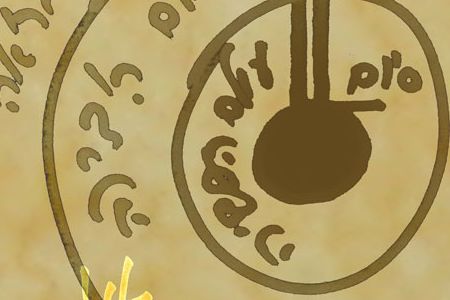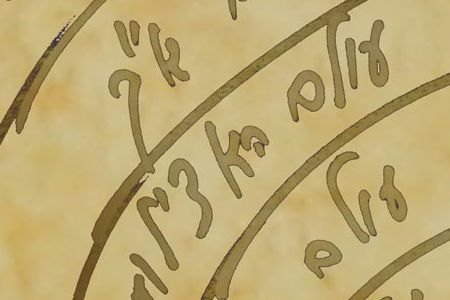Philistines
Philistines are our egoistic desires. Even once we escape the rule of the will to receive they are still connected to bestowal. It is called “bestowing in order to receive.” When we give, we reach out to others. But when we begin to give we see that we can also gain by it. Therefore, we must rise above the desires that are found outside the boundaries of Egypt, too, though the correction in them is different from the one that took place in Egypt.
We could not discover these desires while in Egypt because we were “buried” under our egos. When we emerge from the ego, we see how it pulled all of us through the forty years in the desert, and even afterward, in the land of Israel, when we conquer the land.
The Song of the Sea
The Song of the Sea is thanksgiving. It is gratitude for crossing the border, never to return to Egypt. At times we might cry over the past, as it happens in this portion, but there is no way back. We make the final exit from Egypt. After the escape, we begin to feel the spiritual world and not just the existence of this world, and this feeling induces an outburst of joy.
MAN
MAN is Mey Nukvin (Aramaic: female water). It is the will to receive wanting to rise to the level of Bina. When one feels that one can and must bestow in these desires, one requests that it will happen. Such a person needs the help of the upper force to make it happen, and then the force appears from above.
When one begins to use this force, it fills one with bestowal upon others, and this is called “eating manna.” But in this world we will never feel this way because in this world we are fulfilled by reception, while in the spiritual world we are fulfilled by bestowal.
From The Zohar: The Story of Haman
The most precious of all is the food that the friends who engage in Torah eat, food that comes from high Hochma, actual Hochma. This is because the Torah comes out of the upper Hochma, and those who engage in the Torah enter the essence of the roots, hence their food comes from the high and holy place.
Zohar for All, BeShalach (When Pharaoh Sent), item 3


